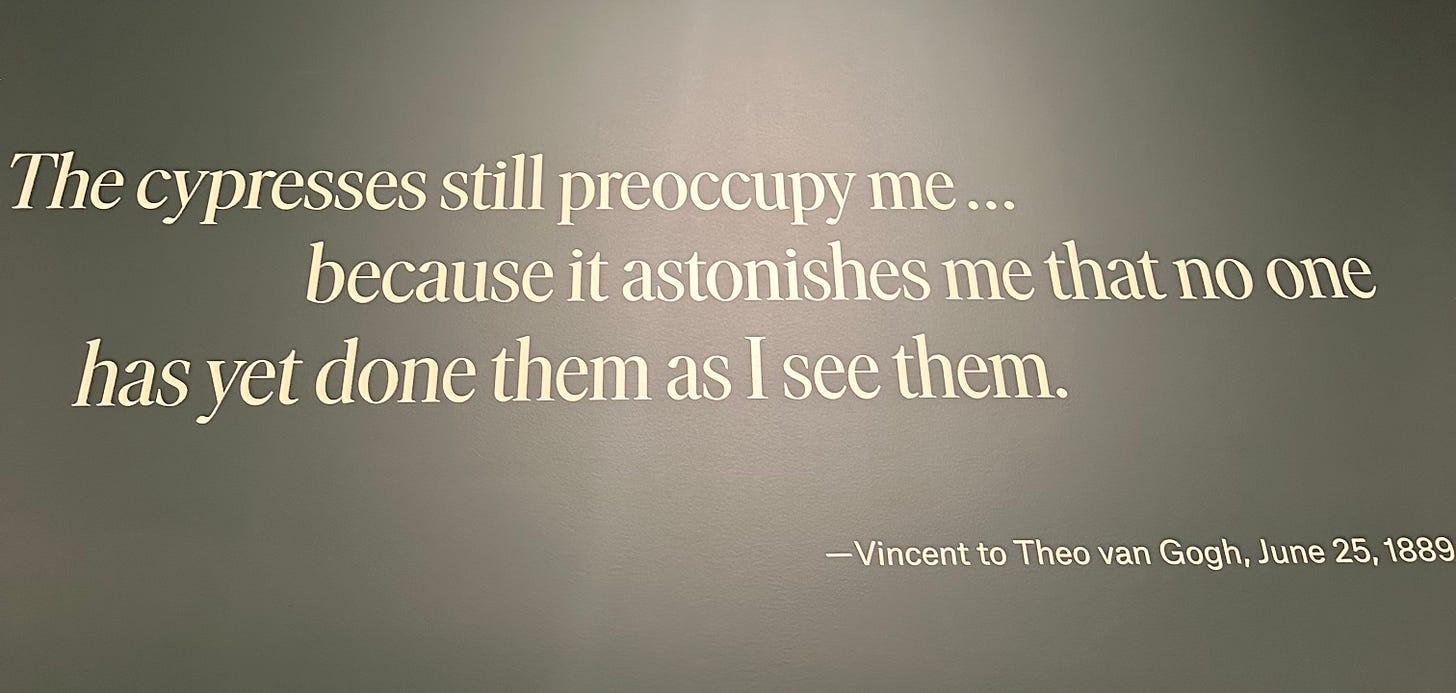Government closed the institutions, but they didn’t put anything in their place.
The Disability Dilemma
Source: NYPL - Public Domain
When Jennifer Senior’s aunt was two years old, doctors diagnosed her as a hopeless case, “a microcephalic idiot.” Adele’s brain was compressed by the bones of her skull due to a rare chromosomal irregularity. At that very young age, she was sent to the horrific Willowbrook School on Staten Island, and later to other institutions for her entire life with almost no contact with her family. Only now in their 70s, Jennifer’s mom and sister are getting to know each other.
This tragic tale, told expertly by Senior in The Atlantic, was the norm during our sanitized mid-century years. Disabled folks, instead of being folded into the family farm and with an extended family to offer companionship, were hidden away. They were an embarrassment to a post-war world that valued progress and modernity. Just a few years earlier, Rosemary Kennedy was given a lobotomy because her father wanted to keep his intellectually disabled daughter under control.
Senior maintains that these two sisters would have benefitted from a closer relationship. Despite their differences in IQ, they share many common interests. Senior contrasts their situation with modern disabled families, whom she says are supported by generous state benefits. Her article is, in some ways, the flip side to the article in The Free Press that I talked about last week, by a mom who despaired about the lack of attention to her and her very autistic adult-children.
While society is much more inclusive than the terrible midcentury years, there is still much to do. Families fail to get much actual support. Mothers quit their jobs to handle the therapy schedule and attend IEP meetings. Later, parents pray that they will outlive their children, because there is not enough supportive housing and other facilities for their adult-children. Government closed the institutions, but they didn’t put anything in their place.
In all but the most extreme situations, children with disabilities are with us at home now, but it’s not always easy.
I’m a member of several Facebook autism pages where parents vent about extreme issues at home. They talk about children that never sleep, smear poop on the walls, hurt their siblings, pace through their neighborhood at all hours of the night. They trade horror stories. Some confess that their situations were so unsafe for everyone, they had to send their children to specialized homes. Others say they wish they could find a place for their children.
For those us of with more manageable situations, we are still asked to make huge sacrifices. We give up careers. We get isolated from the general community. We spend too much money on therapy that schools and insurance won’t cover. When the public school benefits end, things become more difficult.
Now, to be very clear. I love being the parent of a disabled person. My kid is great. And I’m a different person — a nicer person, I hope — as a result of knowing him and others like him. I love that my family does not look like other families. Even in just the past ten years, I’ve seen huge progress in the community for appreciating people with differences. All that is great.
While life is certainly better than the institutional years, raising our kids in our homes isn’t always a picnic, and is particularly difficult for families with larger responsibilities. No parents should pray that they will outlive their children, because there is not enough supportive housing and other facilities for their adult-children.
Yesterday, Lena, the state-appointed supervisor for Ian’s state benefits, came by the house for our first at-home check up.
Ian told her, “you look just like mom.” Lena is a curvy, twenty-something Latina, but she has curly hair, so that was enough for my face-blind son to determine that she was my twin.
As a newbie to the state system, I wasn’t really sure what we were supposed to do, so Lena informed me that she’s there to see if our home life was cool. Because the state now pays parents to watch young adults, instead of sending them to institutions, it’s not rare to find situations that are abusive. She had to report those cases to authorities.
After she looked us over and made some notes, she was ready to walk out the door, but I stopped her. I had questions. I always have questions.
What are we going to do with Ian when he finishes school?
She shrugged and said, “I wouldn’t send him to adult daycare. Those places are bad.” She said that there was a program that helped disabled people with computer skills get a job. She said she would put him on the year-long waiting list. Other than that one program, she couldn’t recommend anything. We’re on our own.
It’s rare to find articles about disabilities in the mainstream press. Readers don’t usually like to read about depressing situations that don’t have easy and cheap solutions. And those topics don’t fit neatly into the existing sections of a newspaper. Should autism be covered by the health reporter or the education reporter? Nobody knows.
With two great, though differing, articles about disability in one month, I wonder if the public is finally ready to talk about these issues. We all have children or nieces or cousins with some sort of difference, so maybe people are finally paying attention and struggling to find the right way to care for others.
I think most people agree with Senior and believe that disabled people should live among us, as much as possible. Our lives are richer with them here, physically in our midst. But as parents of more disabled adults, like Escher, will tell you, families need help. Right now, the existing programs don’t scratch the surface of the needs out there.
LINKS
For many home-schoolers, parents are no longer doing the teaching, WaPo
Colleges are spending like there’s no tomorrow, Wall Street Journal
I made a campaign website last week. www.Elect[MY LASTNAME].com
Personal: Masterbath Renovations, Trip to New York City






In CT, I was told by a state manager that "We do a fair job of helping kids who want to live forever with their parents, but if your adult child wants to live outside that home we haven't quite figured out how to adequately support them or you." Dismal. I would love to think society cares about this, but I'm just not convinced. :(
We are at the 4 year mark of our "start-up" "Self-Directed Integrated Community” in NY State. Long way to go, but my son is very happy - https://outsidein51.substack.com/p/dustin-sweeneys-4-year-anniversary
#AeternusUmbra (watch forever)